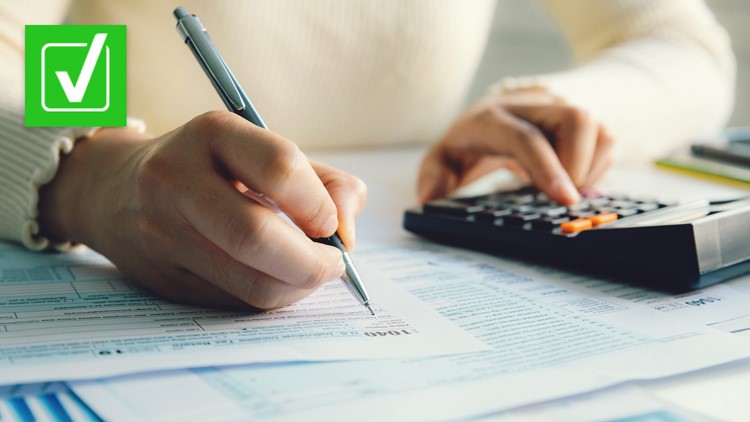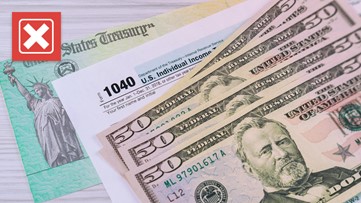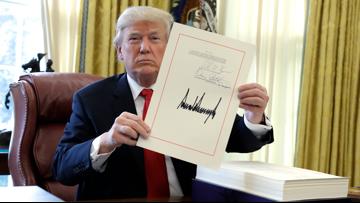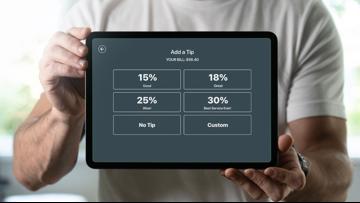Millions of taxpayers struggled to file their income tax returns during the height of the COVID-19 pandemic. To help, the IRS pushed back the deadline in 2020 and 2021 to give taxpayers more time to file their returns.
Some people on TikTok claim the IRS is waiving some fees for taxpayers who filed late during the pandemic as long as they file their 2019 and 2020 tax returns by Sept. 30, 2022. The claims also mention that the IRS plans to send refunds to over a million taxpayers who received a failure to file penalty on those returns.
THE QUESTION
Is the IRS forgiving some late-filing fees because of the pandemic?
THE SOURCES
- Internal Revenue Service
- Taxpayer Advocate Service
- Mark Steber, chief tax information officer at Jackson Hewitt Tax Service
THE ANSWER
Yes, the IRS is forgiving some late-filing fees because of the pandemic.
Taxpayers can qualify for penalty relief from the IRS if they file their 2019 and 2020 tax returns by Sept. 30. Those who already paid late-filing penalties will automatically receive refunds or credits.
WHAT WE FOUND
In August, the IRS announced that it is providing penalty relief to most people and businesses who filed certain 2019 or 2020 tax returns late due to the COVID-19 pandemic. The agency also said that the nearly 1.6 million taxpayers who already paid late-filing penalties will automatically receive more than $1.2 billion in refunds or credits. Many of these refunds will go out by the end of September.
People who still haven’t filed taxes for those years can also qualify if they submit a return by Sept. 30, 2022.
"The penalty relief issued today is yet another way the agency is supporting people during this unprecedented time. This penalty relief will be automatic for people or businesses who qualify; there's no need to call,” IRS Commissioner Chuck Rettig said.
This relief applies to the failure to file penalty, which is charged on tax returns filed after the due date or extended due date, absent a reasonable cause for filing late, the Taxpayer Advocate Service, an independent organization within the IRS, explains on its website. The penalty is generally calculated at 5% of the tax liability for each month the return is filed late, up to a maximum of 25%.
“If you've already paid those penalties, or you had your refund reduced, you'll simply get either a check in the mail or direct deposit depending on how you paid that penalty,” Mark Steber, chief tax information officer at Jackson Hewitt Tax Service, told VERIFY.
Penalty relief is not available in certain situations, such as when a fraudulent return was filed, when the penalties are part of an accepted offer in compromise or a closing agreement, or when the penalties were finally determined by a court, the IRS says. Other penalties, including the failure to pay penalty, are also not eligible for relief.
More from VERIFY: No, Congress has not voted to make its members exempt from IRS audits
For ineligible penalties, taxpayers can use existing penalty relief procedures, such as applying for relief under the reasonable cause criteria or the First Time Abate program.
In addition to providing relief to eligible taxpayers, the IRS is also providing penalty relief to small businesses, employers, and other businesses that are required to file various information returns, such as the 1099 series.
To qualify for this relief, eligible 2019 returns must have been filed by Aug. 1, 2020, and eligible 2020 returns must have been filed by Aug. 1, 2021. A 2019 return will also be considered if it was filed by Aug. 3, 2020, and a 2020 return, if it was filed by Aug. 2, 2021, according to the IRS.













